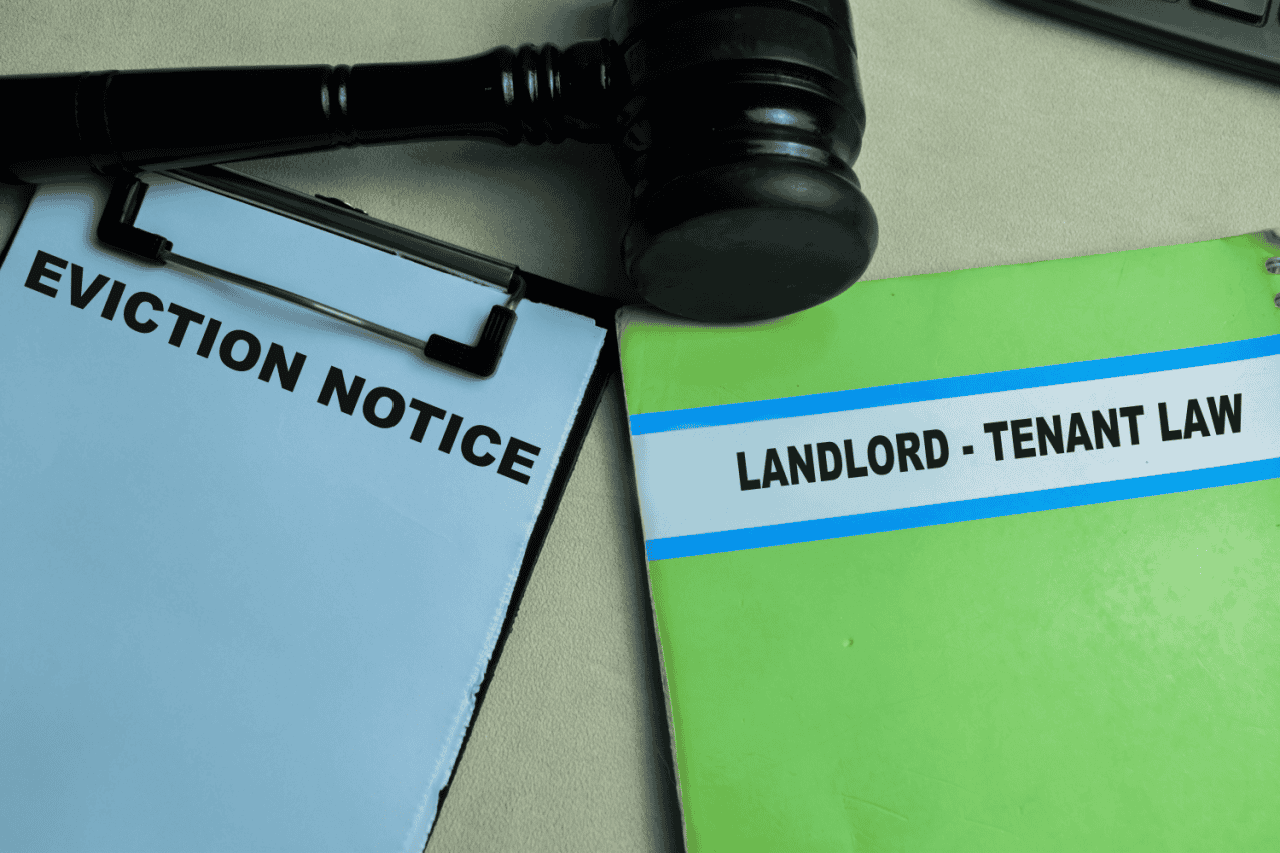
Good Cause Eviction & Rent Increase Protections for NY Tenants
The New York Good Cause Eviction law, enacted on April 20, 2024, significantly affects the rights and obligations of landlords and tenants by limiting evictions, requiring lease renewals, and capping rent increases for most market rate apartments in New York City, and potentially, other villages, towns, or cities throughout NY state.
Good Cause Eviction is effective immediately and will apply to all new leases and renewal leases, unless exempted, in New York City and to any other villages, towns, or cities that chose to opt-in to the law. Landlords are now subject to various limitations on removing residential tenants.
While the law caps rent increases, it also allows for consideration of certain operating expenses such as property tax increases and the costs of major repairs. Tenants who are eligible for Good Cause Eviction protection have the right to remain in their rental units as long as they pay rent and follow their lease.
Tenants may challenge rent hikes that are more than 10% or the Consumer Price Index (CPI) + 5%, whichever is lower (8.82% in NYC and 8.45% upstate as of May 2024).
Which NY Tenants Have Good Cause Eviction Protection rights?
NYC tenants are eligible if they:
- Live in a building built before 2009.
- Rent from a landlord that owns more than 10 units. * Pay less than 245% of Fair Market Rent (~$6000/month for a one bedroom).
- Do not live in an owner-occupied building with fewer than 11 units.
- Do not live in a co-op or condominium.
- Do not rent their home as part of an employment agreement.
- Do not live in manufactured housing
- Are not rent stabilized or living in subsidized or public housing,
Outside of NYC, eligibility differs by locality because municipalities that opt in can change the real estate portfolio exemption and the luxury rent exemption thresholds:
- Albany eligible tenants must rent from a landlord who owns more than 1 rental unit total in NYS and pay less than 345% of Fair Market Rent (~$3,900/month for a one bedroom).
- Ithaca eligible tenants must rent from a landlord who owns more than 1 rental unit total in NYS and pay less than 345% of Fair Market Rent (~$4,900/month for a one bedroom).
- Kingston eligible tenants must rent from a landlord who owns more than 1 rental unit total in NYS and pay less than 300% of Fair Market Rent (~$3,900/month for a one bedroom).
- Poughkeepsie eligible tenants must rent from a landlord who owns more than 1 rental unit total in NYS and pay less than 345% of Fair Market Rent (~$4,900/month for a one bedroom).
- All other cities, towns, and villages in NY state will have to opt in to the law.
Rent stabilized, subsidized housing, and public housing tenants, as well as manufactured homeowners, already have rent regulation and eviction protections.
What is the definition of good cause? Good cause is defined as the following:
- Non-payment of rent unless the rent is “unreasonable.”
- Violation of a substantial obligation of the tenancy.
- Nuisance.
- Malicious or grossly negligent substantial damage to the premises or building.
- Occupancy is in violation of law and an order to vacate has been issued, unless the condition is created by the landlord, through neglect or otherwise.
- Illegal use of the premises.
- Unreasonable refusal of access for necessary repairs.
- Owner occupancy as principal residence.
- Demolition.
- Withdrawal from the rental housing market.
- Failure to agree to reasonable changes to a lease.
Like under the rent stabilization laws, tenants cannot waive their right to Good Cause Eviction protection and any agreement attempting to do so will be found void as against public policy.
When is a NY rent increase presumed to be unreasonable? A rent increase is presumed unreasonable if it is above the inflation index or 10%, whichever is lower.
For New York City, the inflation index is defined as 5% plus the annual percentage change in the consumer price index for all urban consumers for all items as published by the United States Bureau of Labor Statistics for New York-Newark-Jersey City.
However, this unreasonable increase presumption is rebuttable and, when determining whether a rent increase is unreasonable, a court must consider property tax expenses and any increases thereto.
A court must also consider increases based on completed “significant repairs,” where such repairs were not due to a landlord’s failure to maintain. Significant repairs are defined as the replacement or substantial modification of any structural, electrical, plumbing, or mechanical systems or abatement of hazardous materials, including lead paint, mold, or asbestos, but not cosmetic improvements, such as painting, decorating, or minor repairs.
A court may consider other relevant facts, including, but not limited to, fuel, utility, insurance, and/or maintenance costs. Any increases that are below the lesser of the inflation index or 10% are per se reasonable. Where a rent increase is found unreasonable, a tenant’s failure to pay the increase does not constitute good cause for removal.
What notices are NY landlords required to give tenants? Beginning August 18, 2024, New York landlords must send or incorporate a “Good Cause Eviction Law Notice” with every initial lease, renewal lease, notice of rent increase or nonrenewal pursuant to RPL §226-c(1), statutory 14-day rent demand pursuant to Real Actions and Proceeding Law (“RPAPL”) §711(2), and petition pursuant to RPAPL § 741.
The notice must advise the tenant, among other things, (i) whether the unit is exempt from Good Cause Eviction protection and the basis for exemption, (ii) if the unit is subject to Good Cause Eviction protection and the landlord intends to increase the rent above the Local Rent Standard, the justification for the increase, and (iii) if the unit is subject to Good Cause Eviction protection and landlord is electing not to renew the lease, the basis for such non-renewal. Landlords should send these notices to all tenants with any pending notice of renewal or initial leases that have not yet been executed or have not yet commenced.
Which housing accommodations are exempt from NY Good Cause Eviction Protection? The following housing accommodations are exempt:
- Units with a monthly rent that is greater than 245% of the fair market rent (above $5,846 for a studio; $6,005 for a one bedroom; $6,742 for a two bedroom; and $8,413 for a three bedroom), as published annually by the United States Department of Housing and Urban Development (HUD), or the percent of the fair market rent as established by jurisdictions that have opted into the law;
- Units owned by small landlords, who own 10 units or less within New York State;
- Owner-occupied buildings that contain 10 units or less.
- Units already subject to rent regulation pursuant to local, state, or federal law, rule, or regulation.
- Units which are required to be affordable for certain income levels pursuant to statute, regulations, restrictive declarations, or regulatory agreements with a local, state, or federal government entity.
- Units on or within a building that is owned as a condominium or cooperative, or on or within a building that is subject to an offering plan submitted to the office of the attorney general; and
- Buildings for which a Temporary Certificate of Occupancy or Permanent Certificate of Occupancy was issued after January 1, 2009, for a period of thirty years following the issuance of the certificate.
Also, the Good Cause Eviction law does not apply to sublets; where occupancy is incident to employment; to seasonal use units; units within hospitals; manufactured homes; hotel rooms; or other transient uses, dormitories, or units within religious facilities or institutions.
Source: Friedman Ranzenhofer
Disclaimer: All content provided here-in is subject to AAOA’s Terms of Use. Nothing contained on this website constitutes tax, legal, insurance or investment advice, nor does it constitute a solicitation or an offer to buy or sell any security or other financial instrument. AAOA recommends you consult with a financial advisor, tax specialist, attorney or other specialist who is able to properly advise you.

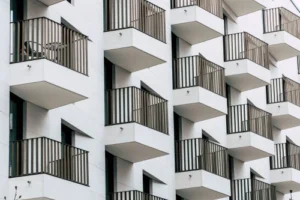
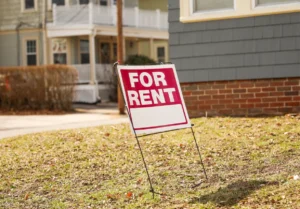

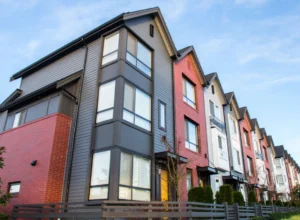

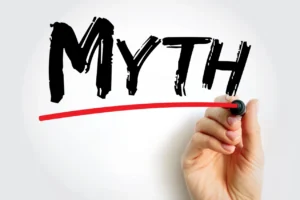






 Accessibility
Accessibility